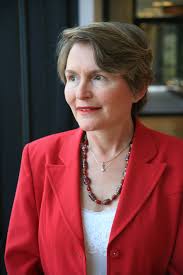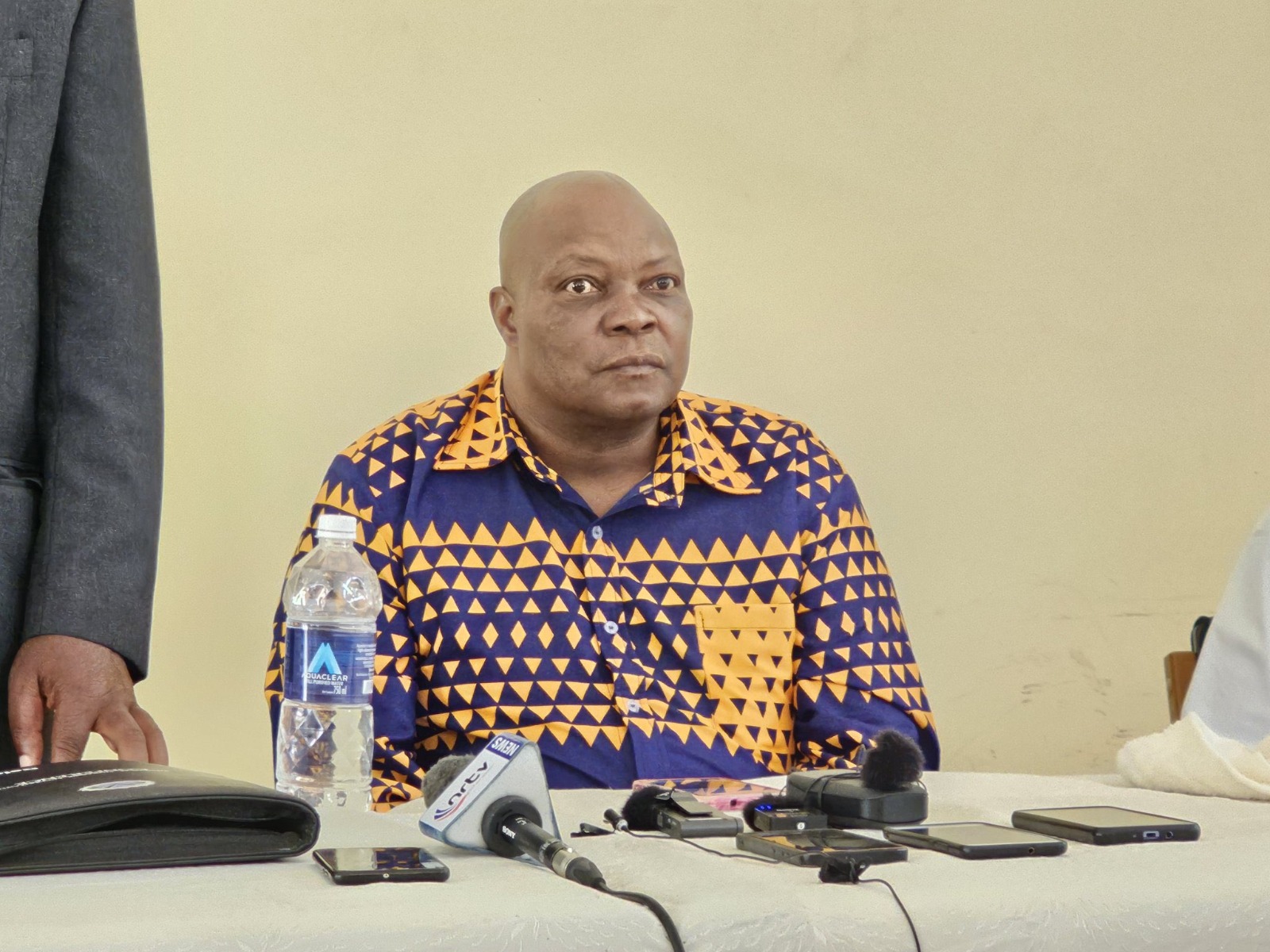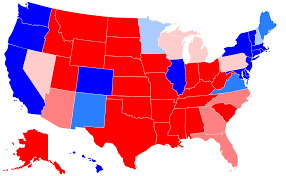Introduction
Helen Zille, the former Premier of the Western Cape and a prominent figure in the Democratic Alliance (DA), plays a critical role in South African politics. Her leadership and views have significantly shaped public discourse, particularly surrounding issues of governance and accountability. Given the nation’s ongoing challenges in these areas, Zille’s contributions and political strategies remain highly relevant.
Political Career Highlights
Helen Zille began her political journey as a journalist and was elected to the Cape Town city council in 1999. She became the mayor of Cape Town in 2006 and later served as the Premier of the Western Cape from 2009 to 2019, a position that allowed her to influence provincial policies on education, healthcare, and economic development.
Under her leadership, the DA focused on promoting service delivery and transparency, garnering support from a diverse electorate. Zille is also known for her strong stance on corruption, advocating for measures to improve government accountability and efficiency. Recent data from the Electoral Commission of South Africa (IEC) indicates that the DA has maintained its status as the main opposition party, largely due to Zille’s foundational work during her tenure.
Controversies and Challenges
Despite her successes, Zille’s career has not been without controversy. She has faced backlash for her comments on historical issues, particularly colonialism, which sparked debates about race, privilege, and accountability in South Africa. Her outspoken nature has often polarised public opinion, bringing both support and criticism from various quarters.
In recent events, Zille has returned to the forefront of the DA and South African politics as she was re-elected as the party’s federal council chairperson in 2023. Her reinstatement has raised discussions about the DA’s strategic direction leading up to the upcoming 2024 elections and whether she will steer the party towards a more centrist stance or maintain a more conservative approach.
Conclusion
Helen Zille’s influence in South African politics is undeniable. As she engages with current challenges facing the nation, her leadership style and policy proposals will be critical in shaping the political landscape. The DA’s performance in the 2024 elections and Zille’s role within the party will likely determine the future of opposition politics in South Africa. Observers and constituents alike will be watching closely to see how her actions and decisions impact governance and public trust in the years to come.


